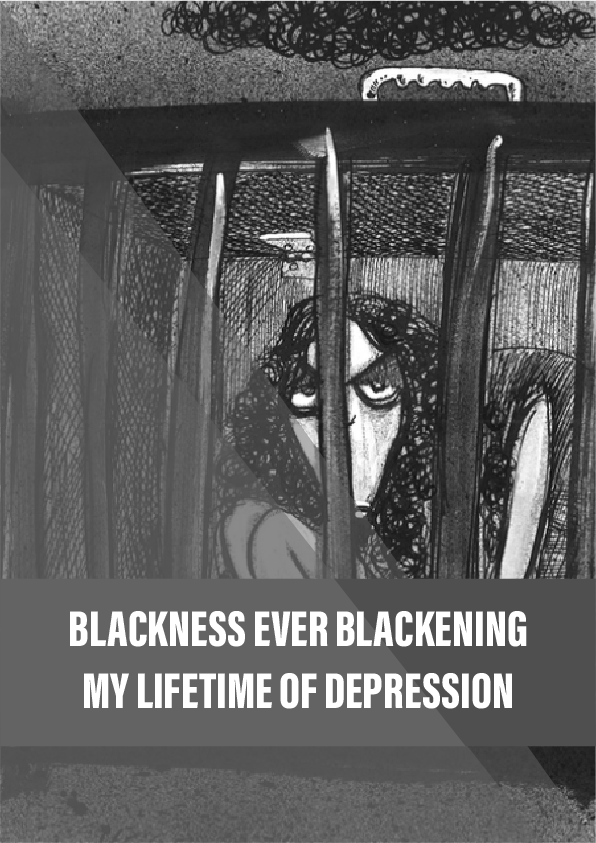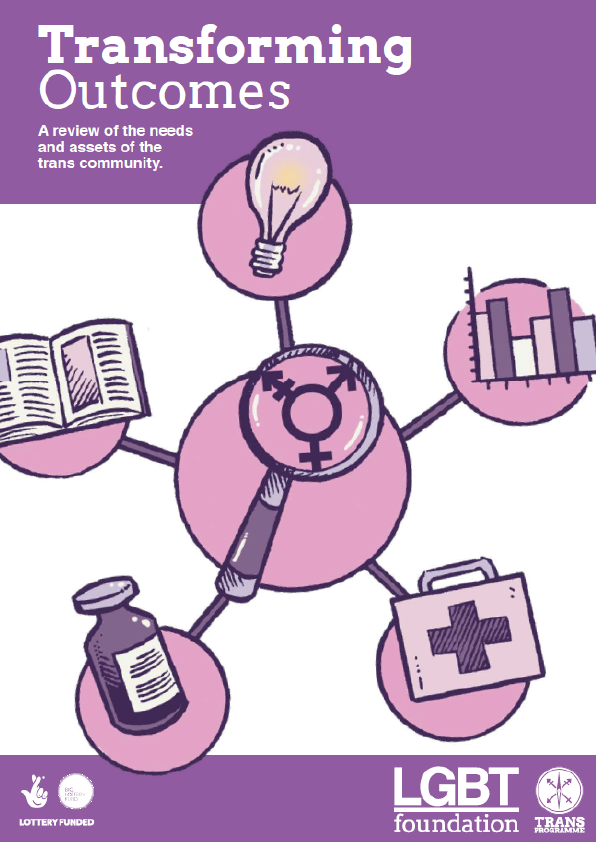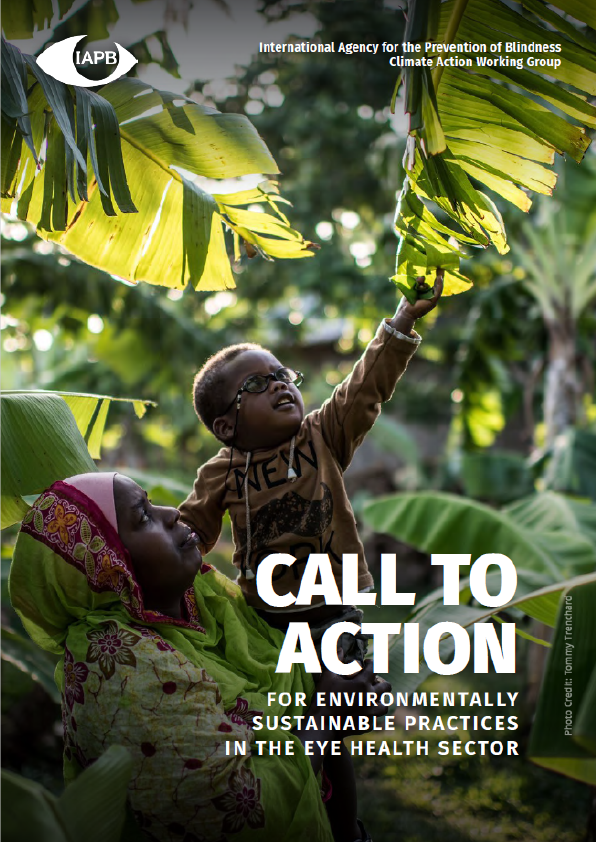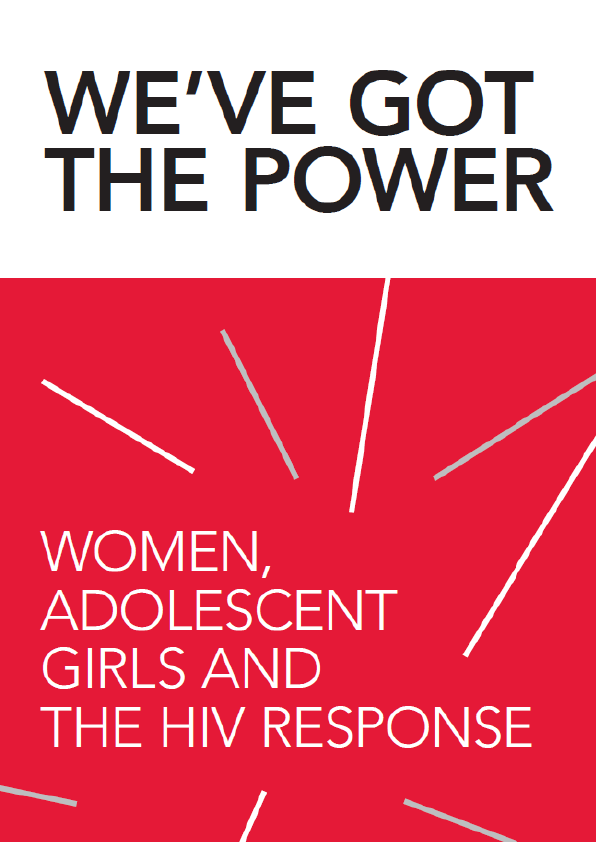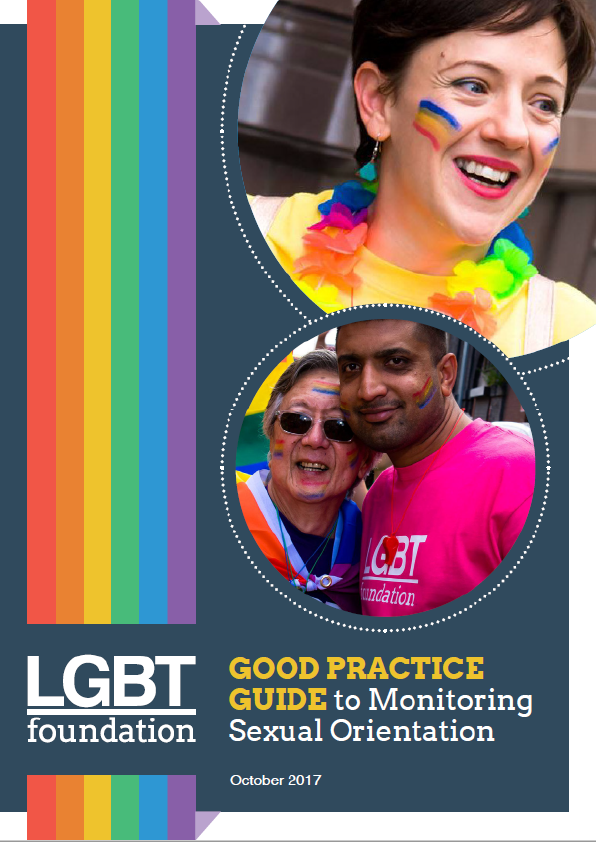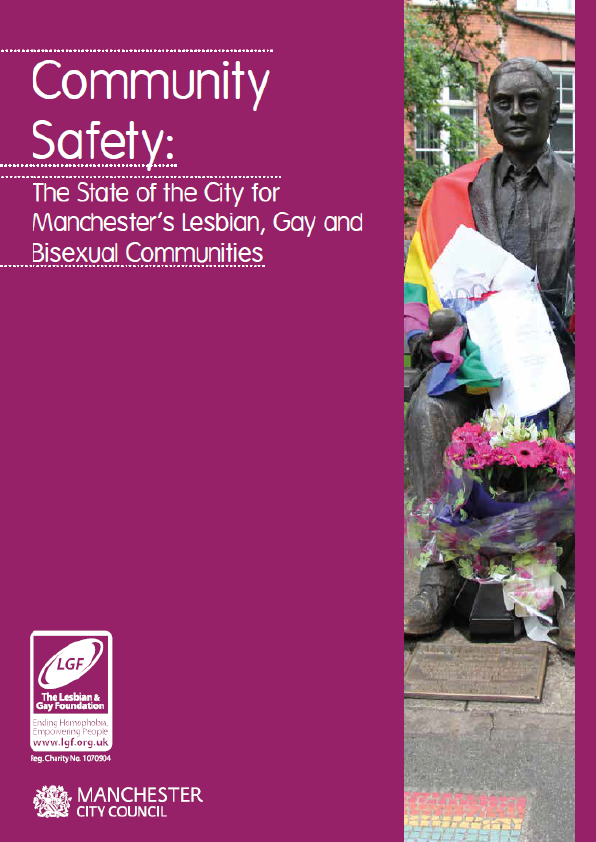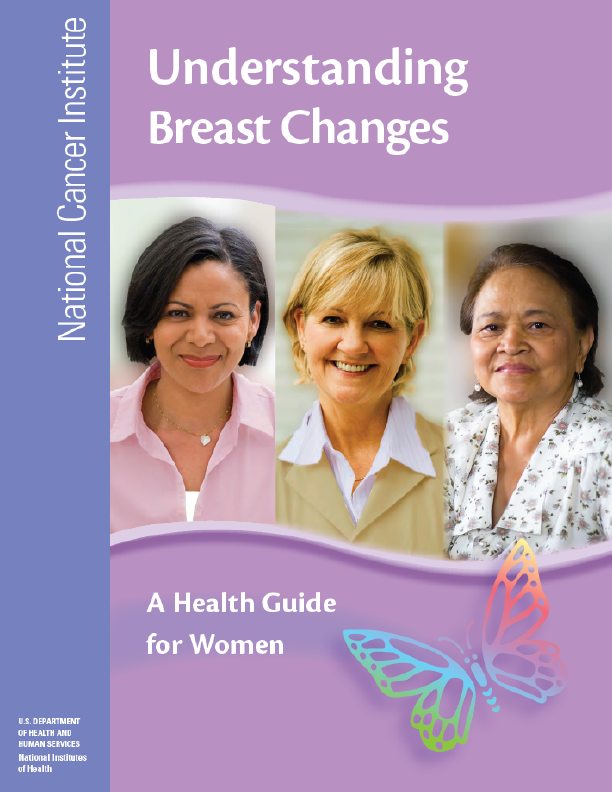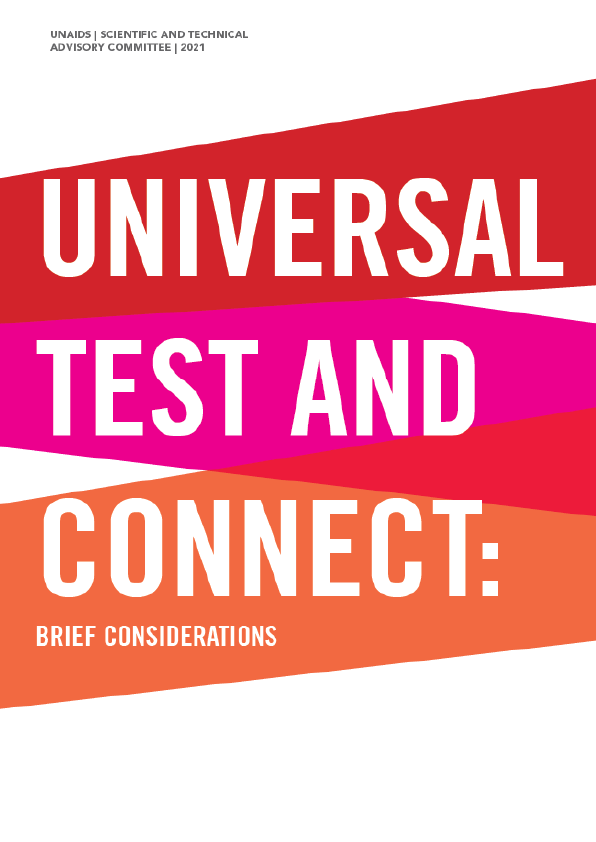How do I explain an existence dominated by the bleakest, darkest moods? And do I even want to? By Jenny Diski.
I was such a moody child. That’s what my parents said.
“She’s such a moody child.”
“Why are you such a moody child?”
I don’t remember ever being called a happy-go-lucky or sunny-natured child, or feeling like one, although I certainly experienced varieties of happiness sometimes. I have a clear memory of somersaulting out of bed one morning when I was six or seven for the pleasure of getting up and going to school. Yet I’m suspicious of that moment as having more to do with me trying to manipulate the family mood than a genuine expression of joie de vivre. It looks, in retrospect, too theatrical. It’s the only really energetic recollection I have of myself, but I’m sure there were others.
My most pervasive memory of young childhood, however, is of being in ‘a mood’, which really consisted of just the one mood in several shades of monochrome: a spectrum that ranged from a comforting solitary dreaminess inside a softly enclosing gentle shadow at one end to, at the far side of the continuum, the grimmest darkness in a hard-frozen, fractured icescape. Always it was me on the inside, them out there, beyond my enclosure, unable to reach in. And me, sometimes not wanting, sometimes not able, to reach out.
“She’s having one of her moods,” my mother would say about me when my father returned from work. The words could be declined to suit the situation: I had moods; I was in a mood; I was a moody child. Being ‘a moody child’ described a permanent condition, while being ‘in a mood’ usually referred to the bleakest moods, which could last for hours, actually days sometimes. I don’t think either sort only happened as a result of being in trouble (which happened easily and often), when my first response was usually anger and a sense of overwhelming unfairness, a welling-up of outrage – probably a common experience of all children – that only later might evolve into a mood and withdrawal.
Reference:
- The fifth edition of the Diagnostic and Statistical Manual of Mental Disorders defines PDD.
- This 2012 report on the PsychCentral website gives an overview of dysthymia.
- Eeyore’s words are from A A Milne’s Winnie-the-Pooh (1926), chapter 6, ‘In Which Eeyore has a Birthday and Gets Two Presents’.
- Martin Rowson’s cartoons for the Guardian.
- Steve Bell’s cartoons.
